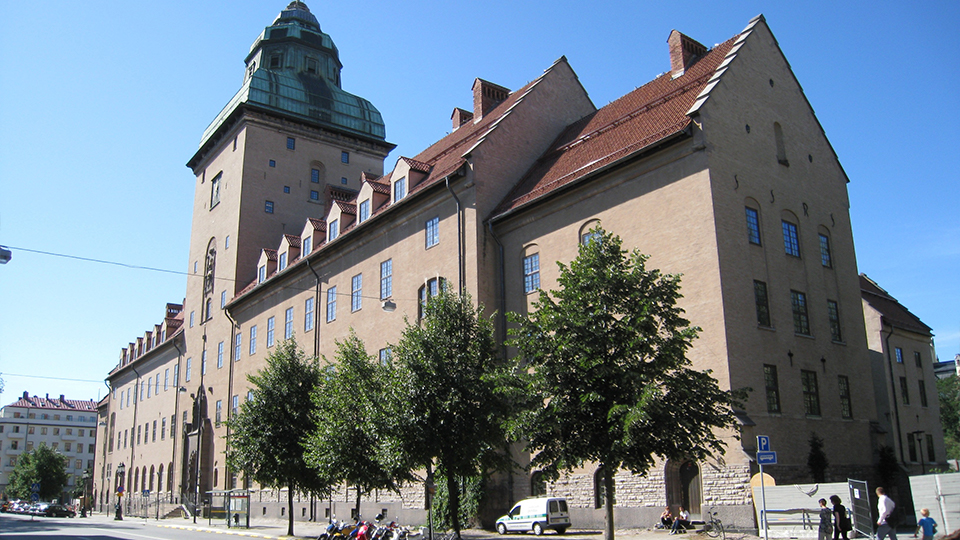The Police Registration of Roma: A Case Overview

On 5 March 2015, Civil Rights Defenders filed suit against the Swedish State for violating human rights when the police in south Sweden registered thousands of Roma individuals. The case was brought to Stockholm District Court, whose ruling established that the State is to be found guilty of ethnic discrimination.
The historic ruling has been challenged by the Chancellor of Justice and a new trial is to be held in the Appellate Court. The process to justice for the victims is long, and the questions of what happens now are many. This overview aims to provide an understanding of what has happened as well as what is awaiting.
Background
In September 2013, the Swedish newspaper Dagens Nyheter revealed that the police administration in South Sweden kept a register consisting of approximately 4 700 Swedish Roma citizens. Several authorities examined the legality of the register, but all of them evaded from its ethnic characteristics and declared it illegal on other grounds.
In order to prove our case, that these individuals have been subjected to discrimination and that the register constitutes a case of ethnic profiling, Civil Rights Defenders filed suit against the Swedish State for violations against the human rights.
On 10 June 2016, Stockholm District Court announced its ruling, finding the State guilty of ethnic discrimination. According to the ruling, Civil Rights Defenders and the eleven Roma individuals we acted as legal representatives for won on all accounts.
The court ruling established that the eleven individuals had been registered for no other reason than their ethnic origin, which violates the Police Data Law as well as the European Convention on Human Rights. The court decision also included references to the historic discrimination against Roma by the Swedish State.
Furthermore, the court decided that the eleven individuals are entitled to 30 000 Swedish Krona in compensation for the violations against their rights. After the ruling was announced, the Chancellor of Justice had three weeks to lodge an appeal before the ruling was to be signed into law.
Case Brought to the Court of Appeal
On 30 July, the Chancellor of Justice, on behalf of the Swedish State, lodged an appeal against the District Court ruling. The Chancellor of Justice states that the individuals included in the register already have been redressed for the violations against their rights when a previous compensation of 5 000 Swedish Krona was distributed.
The Chancellor of Justice thus demands that the case should be tried in a higher court, in this case the Svea Court of Appeal. This means that a new hearing will take place before an appellate court.
It will most likely be another year before the upcoming process comes to an end and the appellate court provides its ruling. No further compensation, including the 30 000 Swedish Krona, will be distributed before the Svea Court of Appeal has reached a decision. The process will continue to include only the eleven individuals that Civil Rights Defenders has previously acted as legal representatives for. At this time, there are no opportunities for other individuals included in the police’s register to enter into the process.
The reason for why Civil Rights Defenders has chosen to represent a small number of people is that the case would become too cumbersome if more individuals were included. We view the case as a pilot case, which creates opportunities also for others included in the register to seek justice.
Compensation and Redress
If Civil Rights Defenders was to win the case also in the Svea Court of Appeal, the additional compensation of 30 000 Swedish Krona would be distributed to the eleven individuals we have represented.
It will then be open to other individuals registered under the same circumstances to bring forth their cases and demand reparation on the same legal grounds. It is likely that the judgement will set a precedent for coming similar cases, but there are no guarantees. All cases will be tried individually and be determined on whether or not the individual has been registered solemnly based on their ethnic origin or not.
Civil Rights Defenders will not have the capacity to represent everyone included in the register. We will, however, update our web page on a regular basis with details on when the case is expected to be tried in the appellate court and what opportunities others included in the register has to demand redress after the process is finalised.
Common questions and answers: Q&A – The Police Registration of Roma, What Happens Now?
If you have further questions, please direct them to: info@crd.org


